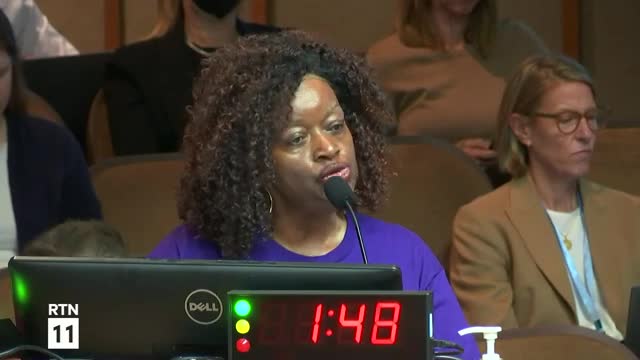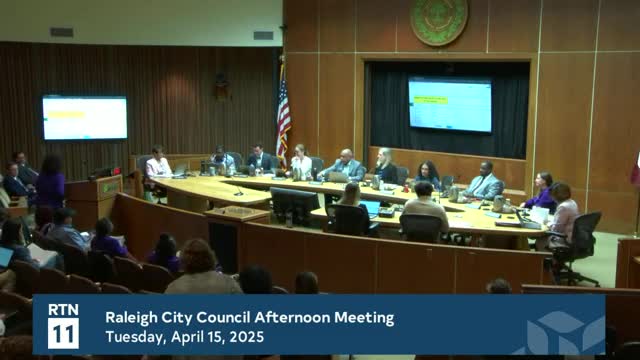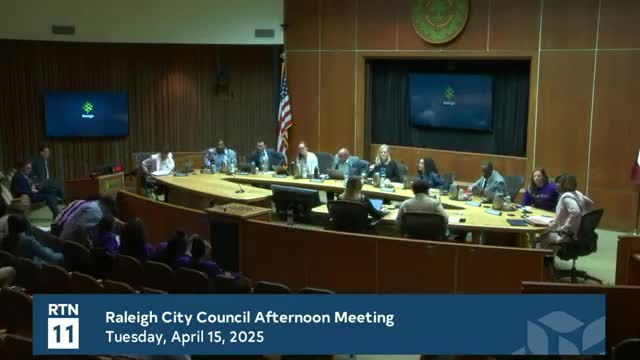Article not found
This article is no longer available. But don't worry—we've gathered other articles that discuss the same topic.

CAMPO, Turnpike Authority present US‑1 tolling study; council members weigh quicker delivery vs. local impacts

Residents and Fourth Ward advocates press council during consolidated-plan hearing for CDBG funding and markers

